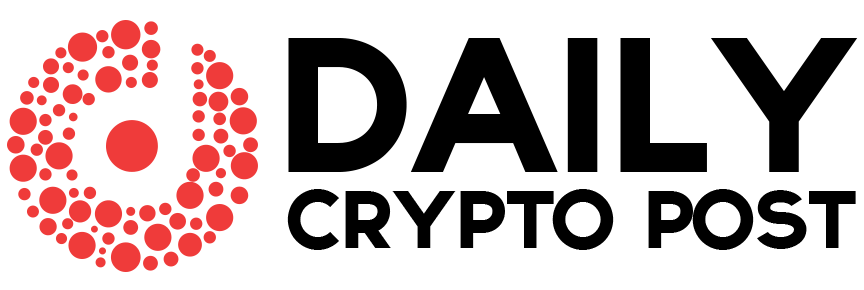- Flare’s FXRP enables XRP holders to engage in DeFi without selling their tokens.
- FXRP’s testing on Songbird ensures secure, decentralized participation in DeFi.
- Over-collateralization and automated liquidation enhance FXRP’s security and reliability.
Flare Networks has taken a bold step in revolutionizing decentralized finance (DeFi) for XRP holders with the launch of FXRP, a tokenized version of XRP. This move allows XRP holders to participate in DeFi activities without needing to sell their tokens.
The deployment of FXRP on the Songbird test network marks the beginning of an exciting new phase for the blockchain ecosystem, one that could bridge the gap between traditional cryptocurrencies and DeFi platforms.
FXRP Launch and Testing on Songbird Network
Flare Networks recently initiated the deployment of FXRP on the Songbird test network after completing a successful open beta phase. This phase saw 263,000 mints and 395,000 redemptions from 48,000 participants.
The Songbird network is designed to test the functionality and performance of FXRP, as well as other tokenized assets, before their potential launch on Flare’s main network. The testing phase includes various financial parameters such as a $2 million issuance limit per asset and $300,000 in loss protection provided by Flare Labs.
A New Approach to Collateralization and Security
One of the key features of this development is the use of Flare’s FAssets protocol. Unlike traditional bridging methods, which rely on custody services or multi-signature arrangements, FAssets employs an over-collateralization model. This ensures that each bridged token is backed by a higher collateral value, adding an extra layer of security.
Automated liquidation protocols are also in place to help maintain stability and protect user assets during transactions. This model aims to make the process more secure and reliable for users participating in DeFi activities.
Decentralization and Incentives for Participation
To ensure that the testing phase remains decentralized, Flare Networks has designed the process to allow multiple platforms to participate, reducing the risk of centralization.
Moreover, to encourage active participation, Flare has allocated $260,000 in rFLR tokens as rewards for users engaging in minting, redeeming, and trading activities. This initiative helps incentivize users to take part in the test phase, which is crucial for fine-tuning the system before its full deployment.

















